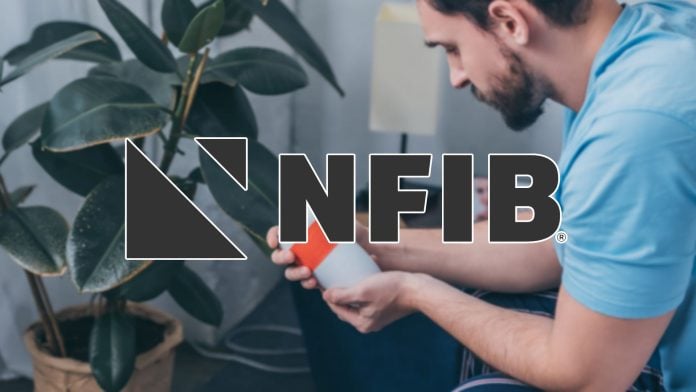In a shocking case that underscores the potential perils of trust in small business operations, Jon M. Hallford, the operator of Return to Nature Funeral Home in Colorado Springs, has been sentenced to 240 months in federal prison for a heinous scheme involving grave misconduct. This case provides critical insights into both the importance of ethical business practices and the potential vulnerabilities small businesses face in times of crisis.
The U.S. Attorney’s Office for the District of Colorado revealed that Hallford mishandled at least 190 bodies over four years, simultaneously defrauding the Small Business Administration (SBA) through fraudulent COVID-19 loan applications. These misdeeds included collecting over $130,000 for funeral services that were never provided. Instead of ensuring proper burial or cremation, Hallford allowed remains to decompose in his facility, blocking access and offering false explanations for the horrific odors emanating from the premises.
The ramifications of this case extend far beyond Hallford’s personal sentence. It serves as a cautionary tale for small business owners about the critical importance of integrity and customer trust. According to United States Attorney Peter McNeilly, “Jon Hallford’s criminal fraud was a vehicle to exploit grieving families… His actions were not just fraudulent, but deeply inhumane.” This sentiment resonates with small business owners who rely heavily on their reputations and the trust of their clients.
Hallford’s scheme was particularly insidious as it capitalized on vulnerable families seeking closure. He provided them with urns filled with concrete mix rather than the cremated remains of their loved ones. In a time of grief, families expected compassion and care, but instead faced deception and betrayal. Mark Michalek, FBI Denver Special Agent in Charge, emphasized this betrayal: “Families in the depths of grief trusted this defendant… he schemed and defrauded them in despicable fashion.”
Additionally, Hallford conspired with his wife to defraud the SBA by submitting false loan applications to secure $882,300 through the Economic Injury Disaster Loan (EIDL) program. This fund, designed to assist businesses affected by COVID-19, has been a lifeline for many legitimate establishments facing unprecedented challenges. The exploitation of such programs during a national crisis not only impacts those who genuinely need assistance but also erodes public trust in business operations.
Small businesses, often at the heart of their communities, can learn from this scandal. Ensuring ethical operations may involve implementing transparency measures and establishing checks and balances. Small business owners should prioritize maintaining their reputation and public trust, especially in times of economic uncertainty. The case serves as a reminder that shortcuts and dishonest practices can lead to severe consequences, including criminal prosecution that torpedoes a business’s longevity and market standing.
However, the implications extend beyond ethics into the realm of operational risks. Owners should remain vigilant about how they manage customer interactions, particularly in sensitive industries like funeral services. Training staff on ethical standards and legal responsibilities is vital. This not only protects the business but also fortifies relationships with clients, fostering customer loyalty that is invaluable in competitive markets.
Moreover, as the SBA and other regulatory bodies increase oversight, small businesses need to be aware of and comply with the guidelines governing the provision of services and the application for disaster relief funds. The sentencing of Jon Hallford may serve as a strong signal that fraudulent activities will lead to serious repercussions, impacting not only the individual but also their business and its stakeholders.
Jon Hallford’s actions drew widespread condemnation, and his 240-month sentence followed a collaborative investigation involving multiple law enforcement agencies, including the FBI and the Colorado Bureau of Investigation. United States District Judge Nina Y. Wang presided over the case, reflecting the severity with which the justice system treats crimes of this nature.
As businesses continue to navigate post-pandemic landscapes, this case is a critical reminder of the importance of ethical conduct, particularly in industries that handle sensitive human experiences. With the specter of public trust at stake, small business owners must commit to transparency and integrity as they move forward.
For further details on this case, visit the original press release by the U.S. Department of Justice here and the U.S. Small Business Administration here.
Image Via Envato: LightFieldStudios



